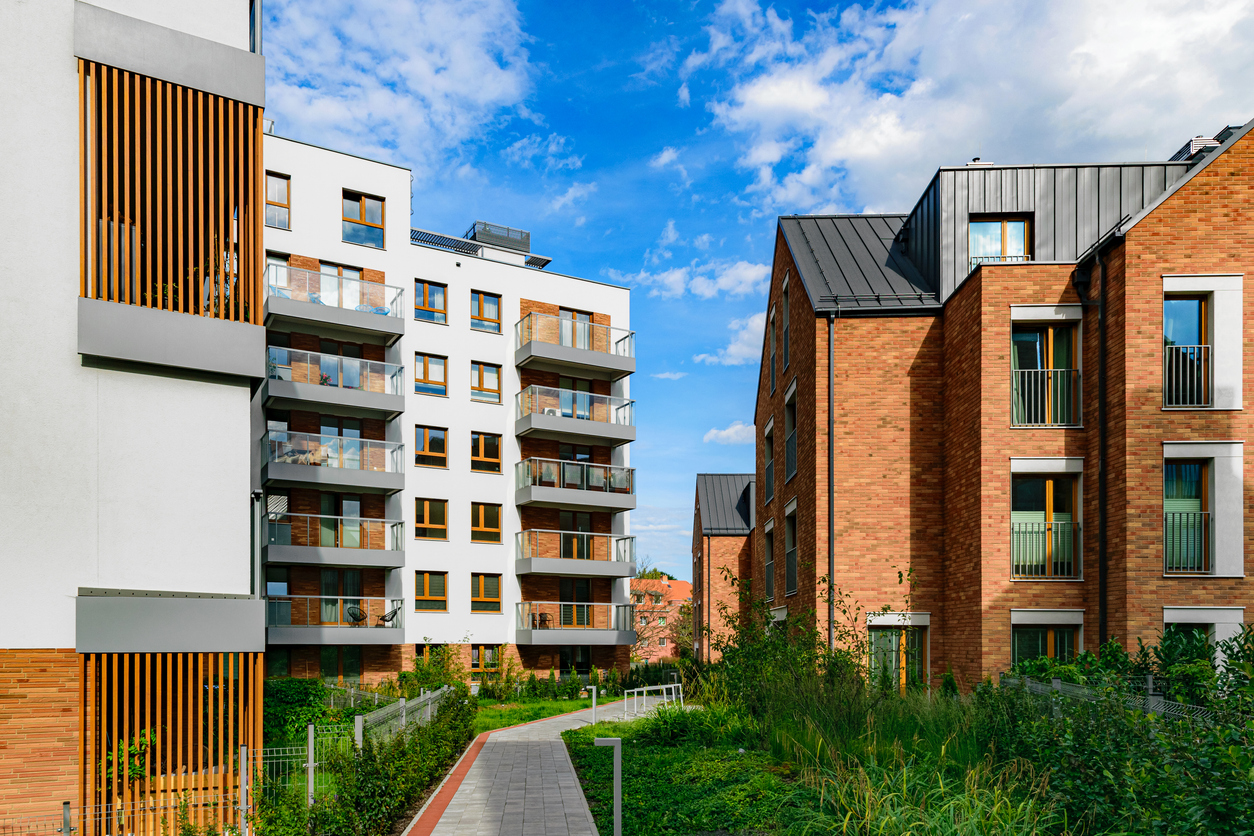



In recent years, investing in social housing has gained significant attention among property investors in the UK. With rising demand for affordable housing and government-backed initiatives, social housing presents a unique investment opportunity that balances financial returns with social impact. This guide explores everything you need to know about investing in social housing in the UK, from its benefits and risks to how Fraser Bond can support you in navigating this niche market.
Social housing refers to affordable housing provided to individuals and families on low incomes or with specific housing needs. Typically managed by local councils or housing associations, social housing properties are rented at rates below market value. These properties are designed to ensure that people who cannot afford private rentals have access to safe and stable accommodation.
Investing in social housing can be highly rewarding, not just from a financial perspective but also in terms of social impact. Here are some of the key benefits:
There are several ways to invest in social housing, each with its own advantages and challenges. Here are the most common methods:
Direct Property Investment: Purchasing properties to lease to housing associations or local councils. These organizations will then manage the tenants on your behalf, often under long-term lease agreements.
Social Housing Real Estate Investment Trusts (REITs): Investing in a REIT focused on social housing can provide exposure to the sector without the need to manage properties yourself. REITs pool funds from investors to purchase and manage properties.
Housing Association Partnerships: Partnering with housing associations can be a way to invest in social housing projects. These associations often require funding to build or refurbish properties and may offer investors returns based on rental yields.
Property Bonds: Some companies issue property bonds specifically to fund social housing projects. These bonds typically offer fixed interest rates over a set period.
Before diving into social housing investment, it’s important to consider the following factors:
Location: Demand for social housing is higher in certain regions, particularly in cities like London, Birmingham, and Manchester. Investing in areas with long waiting lists for social housing can yield better returns.
Regulations: Social housing investments are subject to specific regulations, especially regarding property standards and tenant rights. Understanding these rules is essential to avoid legal complications.
Tenant Management: While housing associations often manage tenants, landlords may still need to ensure that their properties meet safety and maintenance standards.
Return on Investment (ROI): Social housing may not offer the same high returns as private rental properties, but it can provide more stable and predictable cash flow. The typical rental yield for social housing ranges between 5% and 7% per year.
Like any investment, social housing comes with its own set of risks:
However, these risks can be mitigated by partnering with experienced property management companies like Fraser Bond, which can help navigate the complexities of social housing investments.
At Fraser Bond, we provide a full suite of property investment services tailored to the social housing sector. Our expertise includes:
With years of experience in the UK property market, Fraser Bond can guide you through the process of investing in social housing, maximizing your returns while making a positive social impact.
Social housing investment in the UK offers a unique blend of stable returns and social good. By understanding the market, choosing the right investment strategy, and working with experts like Fraser Bond, investors can benefit from the long-term potential of this sector while supporting the community.
If you’re interested in exploring social housing as part of your property investment strategy, contact Fraser Bond today for a consultation.
FAQs
Is social housing a good investment in the UK?
What are the average returns on social housing investments?
Can private landlords rent to social housing tenants?
What are the tax benefits of investing in social housing?
Investing in social housing can be both profitable and impactful, allowing you to secure reliable returns while addressing a critical social need in the UK.